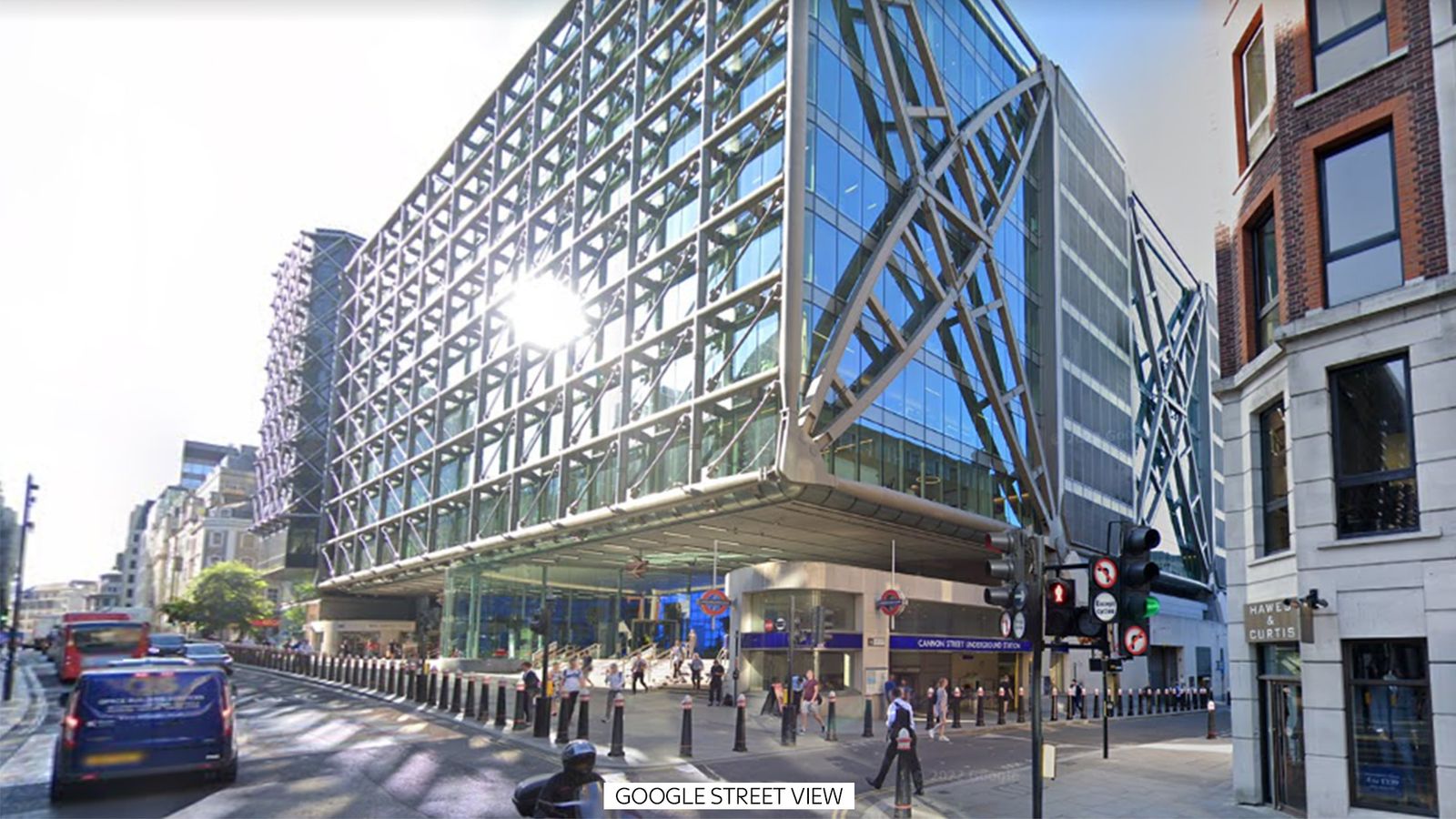The CBI, the ailing business group, has acknowledged its financial travails for the first time as it postponed what was set to be crucial annual meeting this week.
Sky News has seen a message from the CBI to members which admitted that it had “experienced some short term cashflow challenges”.
It insisted, however, that it was “in positive dialogue over finalising financing options and are confident that we will be able to resolve this short-term issue and secure the footing of an organisation that remains in a strong medium to long term position”.
The AGM postponement is the latest chaotic chapter in a dire year for what was once Britain’s most influential business group, which was brought to its knees in the spring by a wide-ranging sexual misconduct scandal.
Sky News revealed earlier this month that it was in talks with Make UK the manufacturers’ body, about a tie-up and that it faced running out of cash within weeks.
In its message to members, it said it was “opening-up and refocusing our previously planned AGM” – but stopped short of saying the meeting was being postponed, which it then confirmed in a separate message.
The CBI said it would still update members on Wednesday on its financial position, and pledged to “be more accountable and transparent in our decision-making and work”.
Earlier this week, Sky News revealed that the chancellor, Jeremy Hunt, had offered an olive branch to the CBI by agreeing to meet its boss for the first time since it was plunged into crisis in April.
Mr Hunt has agreed to hold in-person talks with Rain Newton-Smith, the CBI director-general, in the run-up to November’s autumn statement.
Treasury sources confirmed that Mr Hunt would attend the meeting five months after declaring that there was “no point” engaging with the CBI.
Ministers have refused to interact formally with the CBI since April, but this week a government spokesman said: “We continue to engage with businesses on a case-by-case basis and business groups where appropriate”.
One official said the chancellor would meet the CBI and other leading business groups “as usual” in the weeks before a major fiscal event.
It was unclear what had prompted the Treasury’s change of stance.
Last week, it emerged that some of the CBI’s remaining members intend to terminate their association with the crisis-hit lobbying group if it cements a full merger with Make UK.
The Sunday Times reported that the CBI was trying to raise £3m from members, and it is conceivable that a perception that it is regaining political influence could persuade some lapsed members to rejoin.
The CBI is thought to be as little as four weeks from running out of money, with insolvency experts on hand to provide regular advice to its board.
The CBI has been searching for a new president to replace Brian McBride, while Ms Newton-Smith vowed to reinvent the group when she took over several months ago.
Established by royal charter in 1965, the CBI was rocked in the spring by the resignation of corporate members including Aviva, John Lewis Partnership and NatWest Group.
The crisis has drained the CBI’s cash reserves, forcing it to slash jobs and close overseas offices.







